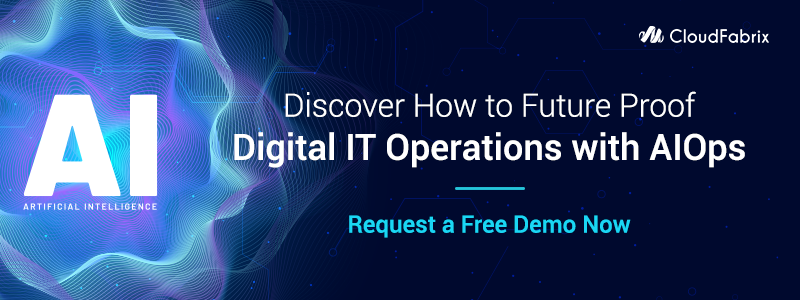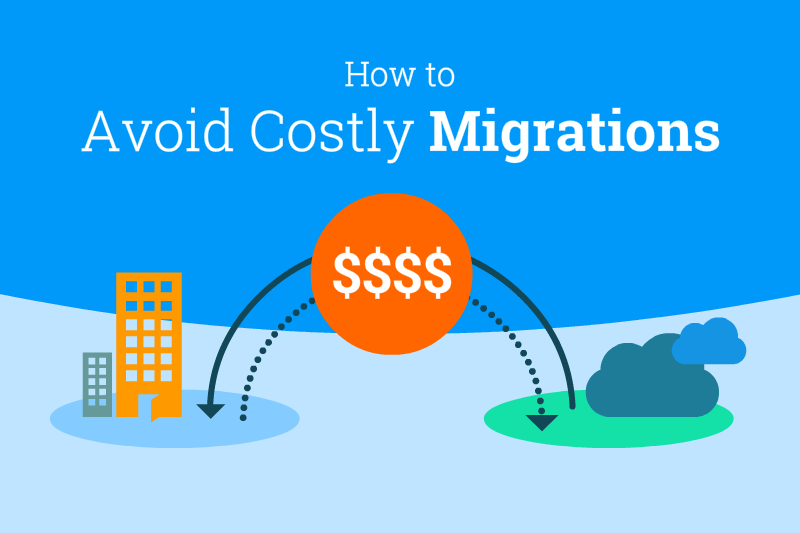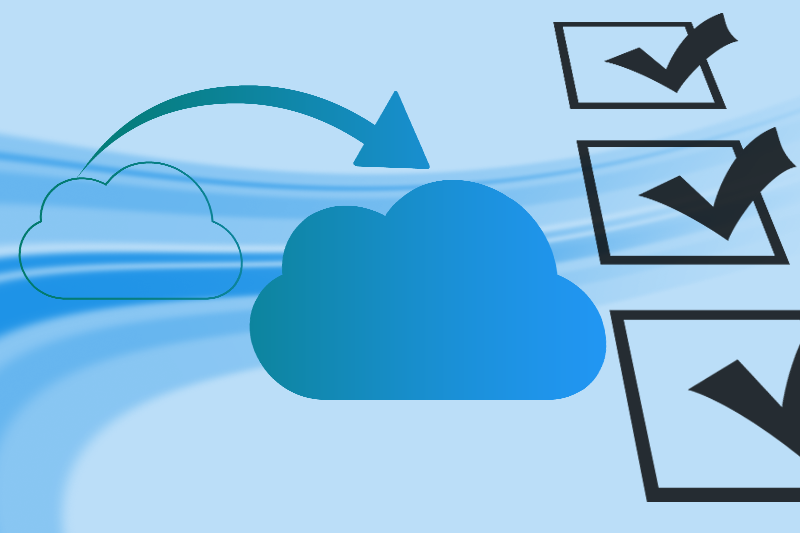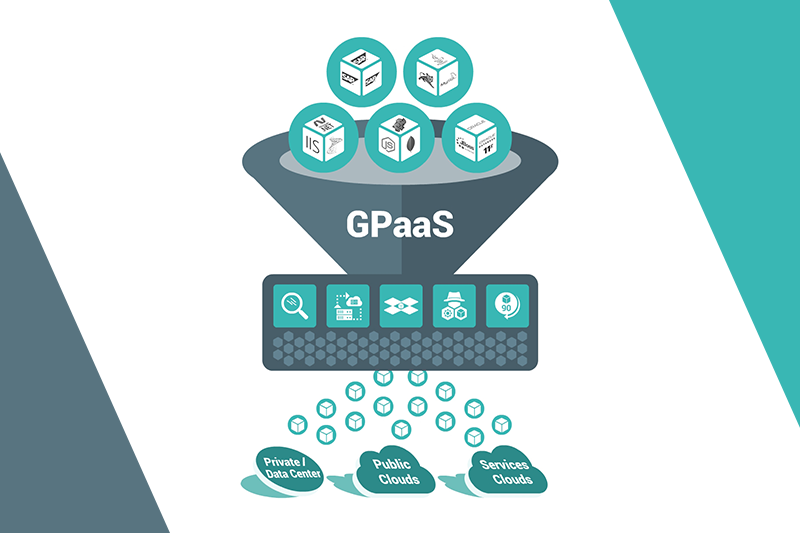Digital Governance can be defined as a framework that unifies and leverages transformation entities such as people, policies, processes, applications and other technology assets for delivering desired business outcomes in a consistent, compliant and cost effective manner. Due to dynamic nature of digital business, Digital Governance solutions need be continuous, insights driven and should be independent of underlying operating environments. When successfully adopted, Digital Governance can deliver firm-wide capabilities to help enterprises overcome challenges that could impact the outcome of their digital transformation initiatives.
Why do I need to adopt new Digital Governance tools from Traditional GRC tools?
Traditional GRC tools typically address governance and regulation aspects of applications mostly based on system of records. The digital technologies and applications are fluid, real time, analytics driven and dynamic in nature. The applications in digital world are transforming from systems of records based to systems of engagement/experience based. So, there is a need for Digital Governance and Operations platform that covers all aspects (dimensions) of applications besides the typical traditional regulatory and compliance aspects of application.
When choosing a Digital Governance solution, enterprise need to consider the one that supports unified framework to modernize, transform and govern both legacy and modern applications in a consistent manner. This will help Enterprises avoid having Bi-Modal IT which could cause more rift and cultural divide between existing vs new modes.
Enterprises will be able to streamline and standardize their approach to digital initiatives by baselining desired business outcomes and taking a platform based approach of Digital Governance. This will help decision makers evaluate and guide these digital initiatives towards successful implementation through quantifiable business outcomes, best practices and insights driven recommendations.





